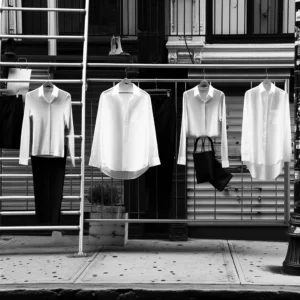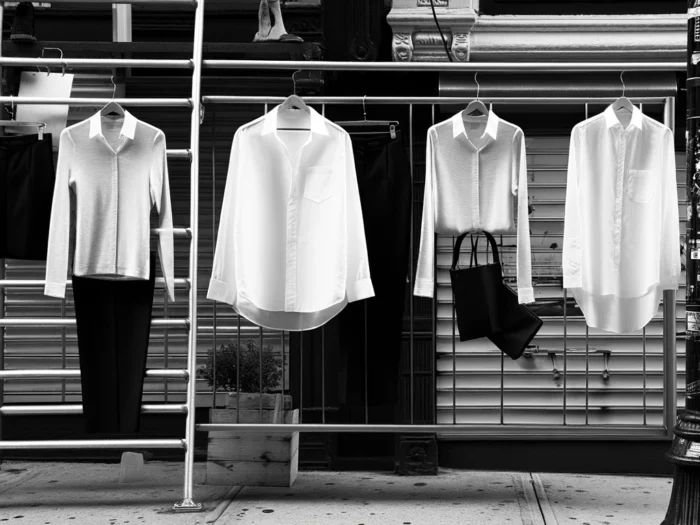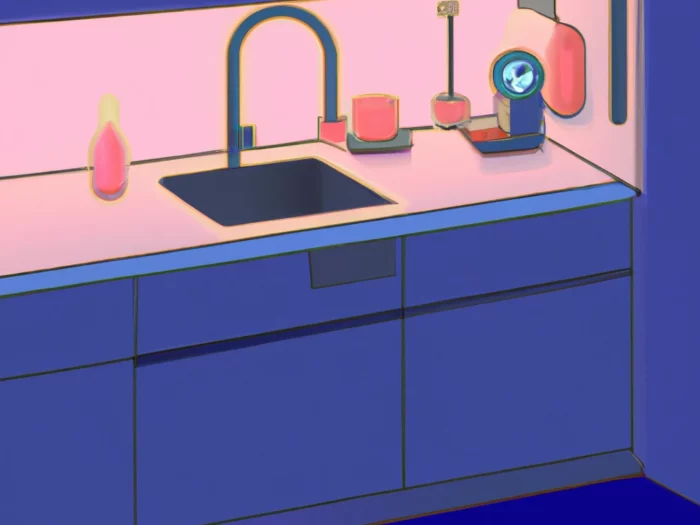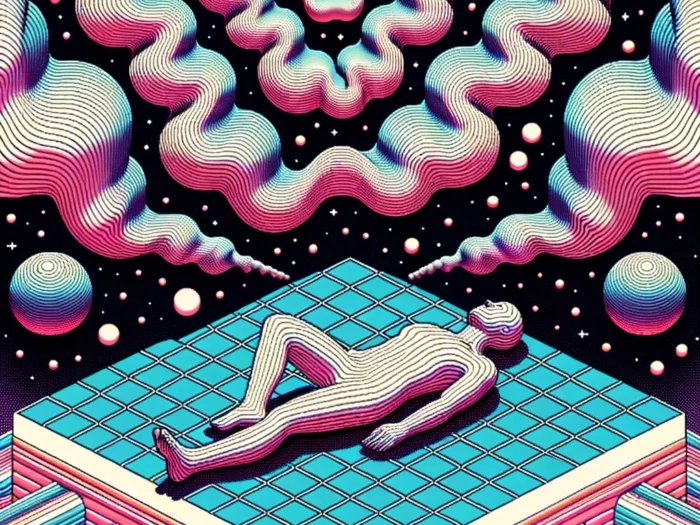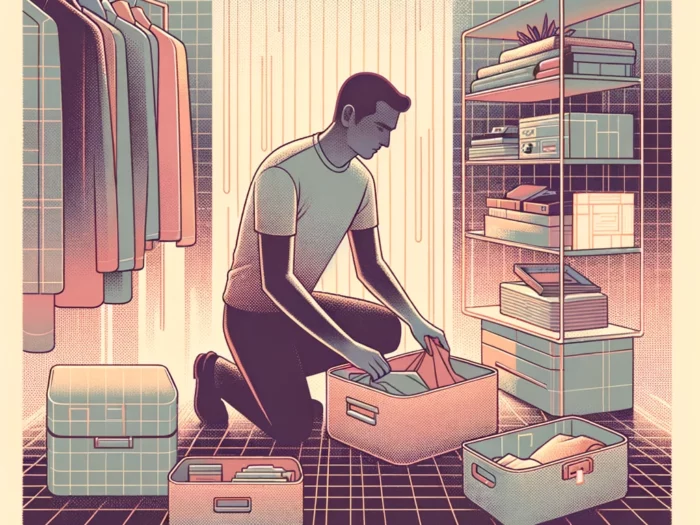I used to be a perfectionist. Imperfect wouldn’t cut it. Everything had to be just right. Guess what? I never completed half the things I set out to accomplish. I was too busy trying to get everything perfect. Does this sound familiar? If it does, you’ve got to read this…
Life Is Imperfect
There’s nothing you can do to change that. The key to becoming happier, healthier, and more successful is to accept imperfect.
How many times have you set out to complete a task only to fizzle out because you didn’t feel you were perfecting it? Perfectionism is likely the biggest thing that holds people back from reaching their goals. Have you ever done any of these things?
The pressure to be perfect cancels out the desire to grow imperfectly.
Here’s the problem: When you put pressure on yourself to reach perfection, you set yourself up for failure. Imperfect is all that exists. So when you can’t reach your goal of perfection, you simply stop trying. Once you stop trying, you’re no longer doing, and doing is what really matters.
Did you get that? If you’re a perfectionist, I suggest you read the last paragraph again.
My friend Michael Hyatt did a podcast about problem of trying and doing: Listen here.
Doing Imperfect Things Makes You Better
The key to improvement, to getting better at anything, to becoming happier, healthier, and more successful, is to always remain imperfect. You can’t help but be imperfect. You’re human. Stop trying to be perfect!
When I was younger, I was a perfectionist. I have notebooks full of half-written songs. I have several half-completed manuscripts. I’d start new projects and hobbies only to quit because something wasn’t good enough for me. I gave all that up. Here’s what I’ve discovered.
7 Benefits Of Imperfection
- I’ve stayed at a more healthy weight: I gave up dieting. Why? Diets expect you to be perfect. You have to follow hard and fast rules. As soon as you cheat once, you feel like a failure. You’re no longer perfect, so what’s the point in trying? Just eat healthy as often as you can. Some days you won’t, and that’s okay as long as it doesn’t become a habit.
- I’ve become more consistent at exercising: I used to push myself to excel toward athletic levels of exercise. I’d see others that were faster, stronger, and sexier than me. I wanted what they had. I’d work hard, burn out, and give up. I was chasing perfection. You can’t become something you’re not. Some people are not made to be world-class athletes. Exercise moderately and regularly. If you miss a day, don’t kick yourself, just do it the next day.
- I’ve created a clutter-free environment: I’ve noticed that many of the pictures minimalists use on their blogs are perfect. You’ve seen them: the perfect room, stark, everything in its place, not even a speck of dust. That’s silly. A beautiful home is imperfect. That’s partly what makes it beautiful. It’s a good idea to keep your home generally clean and free of clutter, but a lived-in look is okay. It’s homey. When you give up the need to keep things perfect, you give yourself the freedom to keep things true to yourself. That’s what really matters, right?
- I’ve become a prolific writer: You might find a typo in this post. So what! I’m not suggesting carelessness in quality. I’m suggesting that we give up perfection and replace it with continually working on the quality of our craft. If you don’t publish a piece of writing because you fear it’s not good enough, you may never publish anything at all.
- I’ve tried more new things: Since giving up my perfection addiction and accepting imperfect things, I’ve started trying new things. I started blogging. I’ve written several books. I’ve experimented in audio recording. I’ve started doing some drawing, painting, and designing. I’ve started experimenting with landscaping and gardening. I’ve started going to new places. And I’m having fun while doing these things.
- I’ve become more accepting of others: Understanding our own imperfect nature helps us to accept others as they are. As a teacher, I’m more able to meet others where they are and encourage them to improve, not by reaching for perfection, but by simply accepting themselves as imperfect. This allows them the freedom to improve.
- I’ve become more forgiving toward myself: This might be the biggest benefit of all. When we accept our imperfect nature, we stop beating ourselves up over past mistakes. We accept ourselves as human beings and keep doing our best to improve.
Find Beauty In Imperfection
When we stop trying to be perfect, we begin to see the beauty in our imperfections. That spilled paint gives the floor character. That wrong note creates a new song. That misspelled word, helps us to become better editors. Let it go. Forgive yourself. Live an imperfect life. You only get one chance. Make it your imperfect best.
If you liked this post, I think you’d like my free ebooks: You can learn more about them by clicking the links below:
If you’d like help with your own blogging, writing, or simple living projects, check out my simple coaching packages.
If you just want to stay in touch with me and get occasional newsletters from Hip Diggs, just click the link below:







